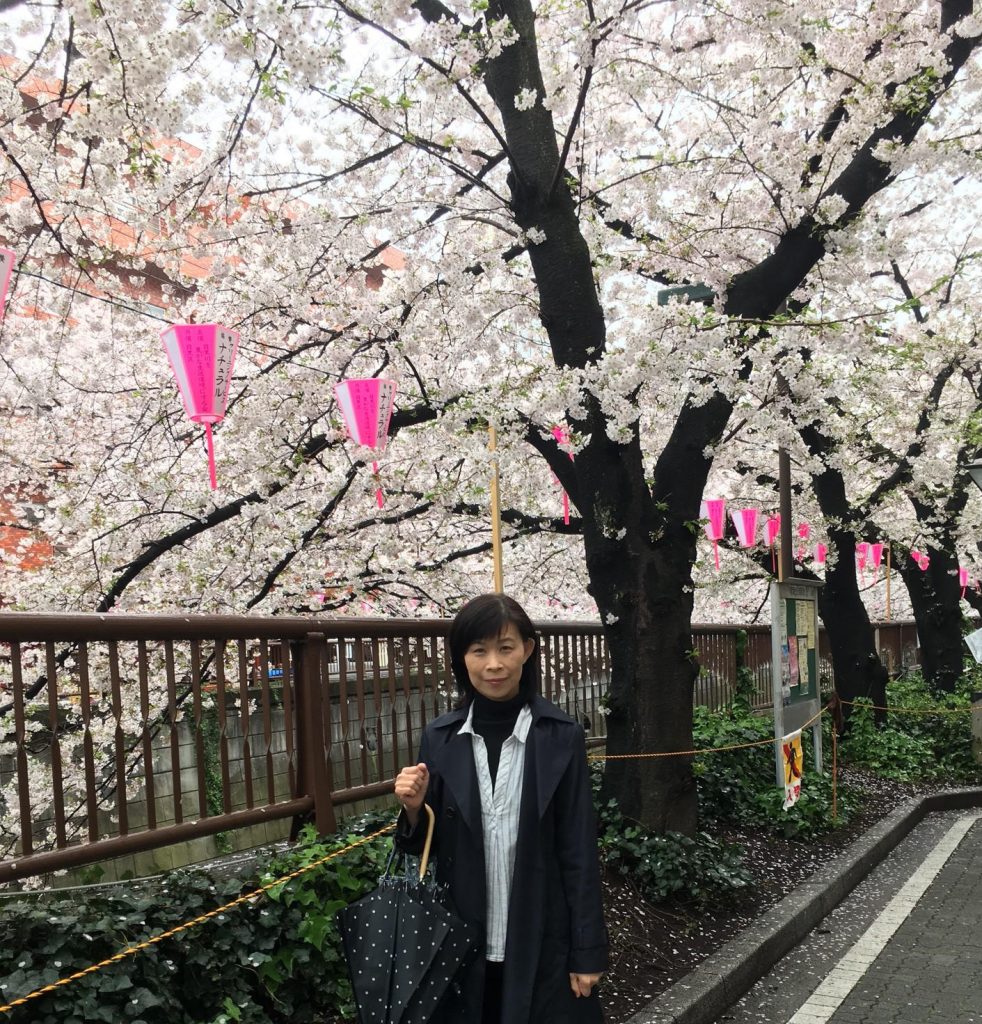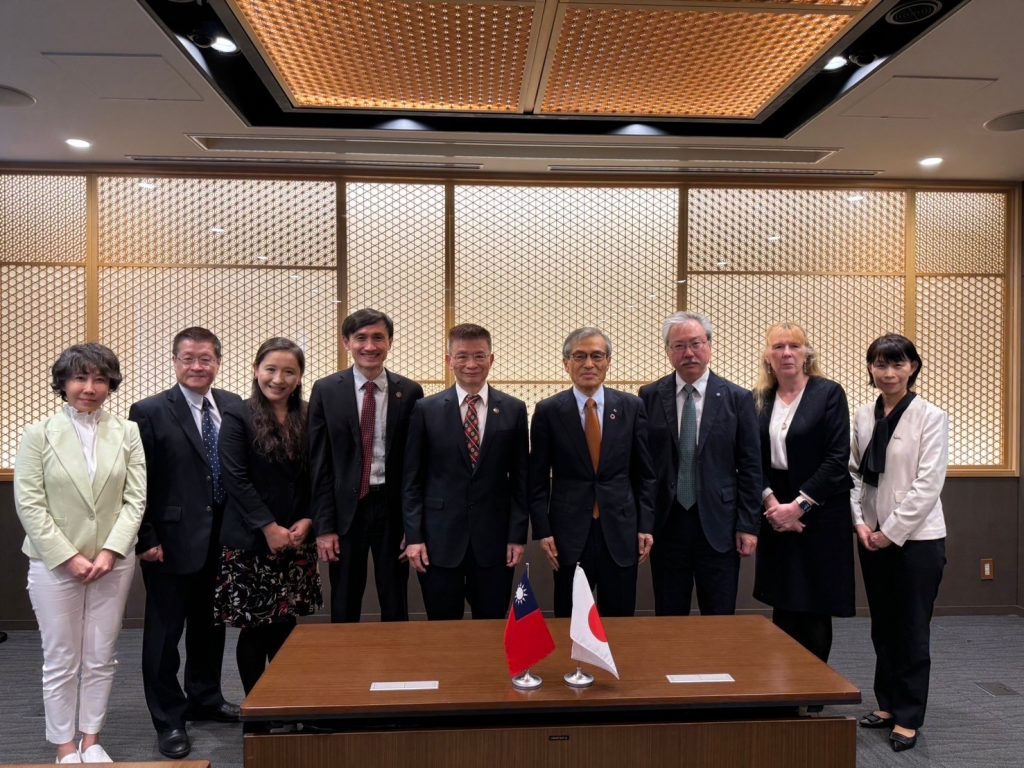The Taiwan Research Project at Osaka University was established by Professor Lin Chu-mei in April of 2015. As a professor of Humanities, specialising in Taiwanese languages, Professor Lin helps to run a whole plethora of classes each year on topics such as Taiwanese languages, history, education and identity. On top of this, the Taiwan Research Project holds an almost constant stream of events that run throughout the year, including academic talks, workshops, discussion forums, and practitioner talks which often include visiting speakers from other parts of Japan as well as from Taiwan.
Another highlight that Prof. Lin was also keen to mention, were the international conferences and research workshops that are not just standalone events, but have actually led to the publication of many books. So far, over the life of the Research Project, two international conferences and more than ten research workshops have been held, with four books coming from these events, two of which have also had Chinese versions translated and published. Excitingly, their newest book is set to be published in March of 2025 so keep an eye out for a review of the book in our next newsletter!
All of this combines to offer a really significant opportunity for students at Osaka University to be able to engage with Taiwan and learn about Taiwan at both a deep and also real level. The opportunity to take classes and then to meet practitioners in those fields of study is something that really brings Taiwan Studies to life in a new way for students.
When it comes to the students themselves, Prof. Lin has found that Osaka University students are especially interested in Taiwanese history, in particular the Japanese colonial era and how it has affected Taiwan and Taiwan’s relationship with Japan up until the present day. Taking into account wider society, Prof. Lin noted that Japanese people are interested in learning about the impact of Japan’s colonial history, but are hesitant to approach it too directly for fear of causing offence or opening up a topic that will result in harsh criticism of Japan and its colonial actions. Taiwan’s martial-law era education taught a very negative view of Japan and its colonisation of Taiwan, but as this changed to become more nuanced post-democratisation, what Prof. Lin says she has witnessed is an increasing sense of Japanese students and scholars feeling able to look into the colonial relationship with Taiwan with less fear because the Taiwanese now see the relationship from a more balanced perspective. Of course, the negative aspects of colonialism are recognised, but some of the benefits that Japan brought to Taiwan are acknowledged as well.
However, when it comes to cross-strait relations, she cites the students as having a real need for resources that can explain the complex history of the relationship in an understandable way for those who don’t have existing background knowledge.
While the original connection between Osaka U and NTNU was her own personal connections, the official partnership has actually opening up the possibilities for more professors across a wider range of departments at Osaka U to engage with NTNU and boost research collaboration and events that can be a help to students.
They have also held a Taiwan literature exhibition and many more talks and events.
Finally, Prof. Lin’s advice for other Taiwan Studies Centres, Programs or Research Projects is to really work to produce materials for students that can give them a door into the field. She wants the existing Programs and Centres to focus on the production of good materials, excellent events and experiential opportunities for students that have an interest in Taiwan but may not have background knowledge, in order to have their curiosity provoked and attract fresh new minds into this field!

